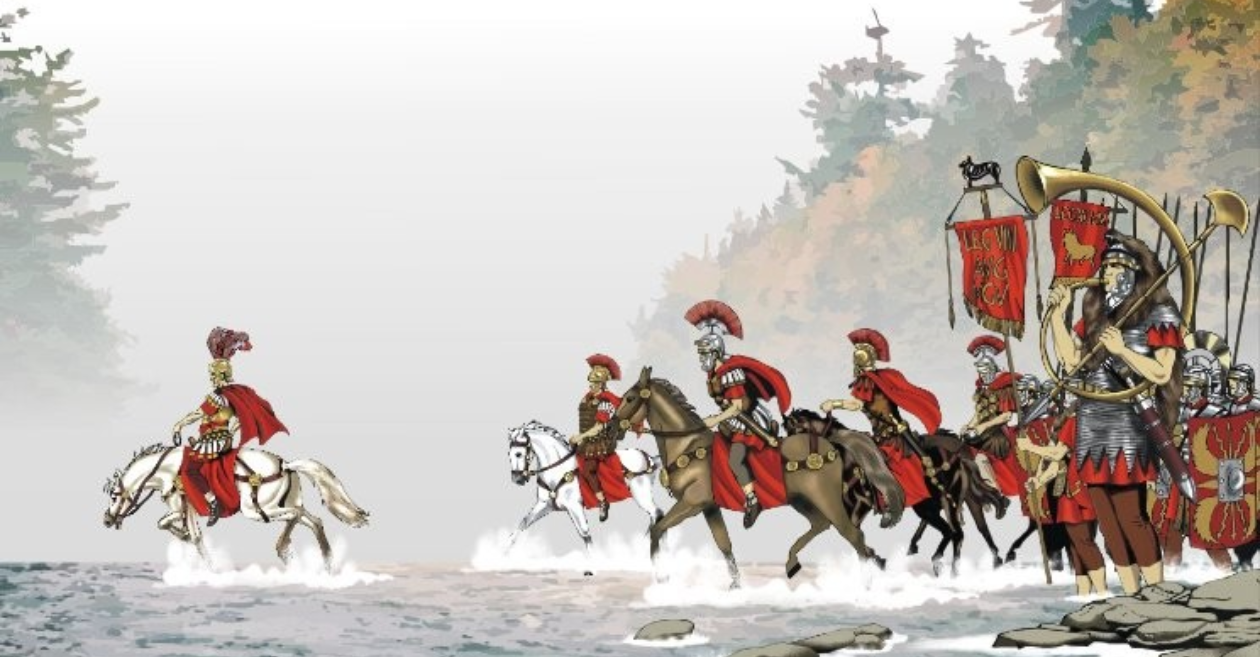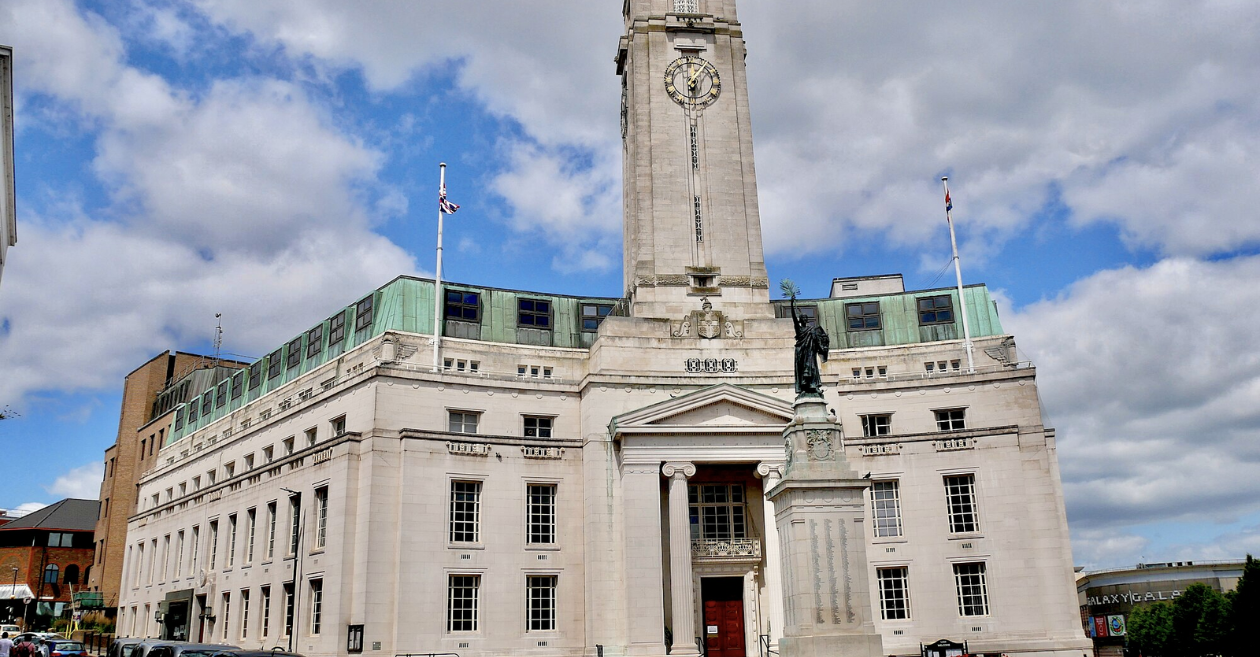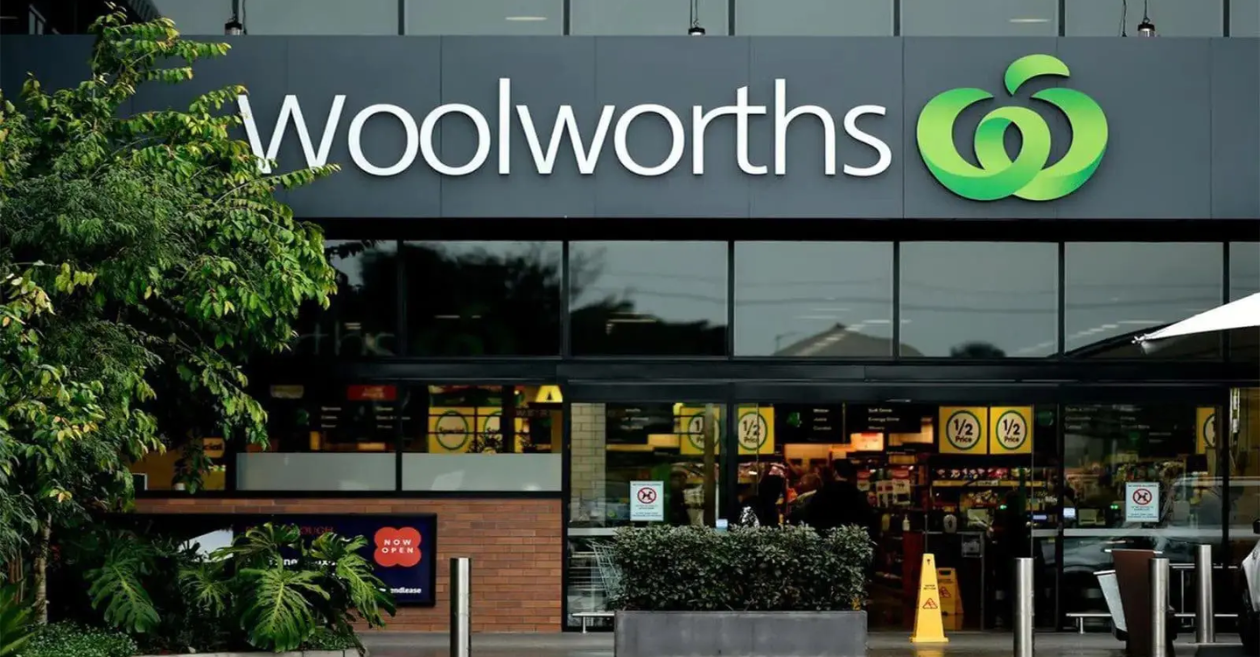


Certainly, "Crossing the Rubicon" is more than a phrase – it's a symbol of making a crucial choice. In this blog, we'll delve into its rich history and deep meaning. Imagine a river, the Rubicon, separating safety from uncertainty. When Julius Caesar crossed it in 49 BCE, he irrevocably changed history. Now, the term symbolizes reaching a point of no return, making a decisive move with far-reaching consequences. Join us as we unravel the layers behind this timeless expression and understand why it's eternally linked to making pivotal life-altering decisions.
People Also Read: Who Is Ali Carter?
A long time ago in ancient Rome, there was a little river called the Rubicon in northern Italy. One day, a leader named Julius Caesar said a famous phrase, "the die is cast," as he crossed this river in 49 BCE. This was a big deal because Roman rules said that generals couldn't bring their armies into Italy. So, crossing the Rubicon became a symbol of making a decision that couldn't be undone, like a point of no return.
When someone talks about crossing the Rubicon today, they are referring to a momentous decision that cannot be undone. It signifies reaching a point of no return, where one must face the consequences of their actions, much like Caesar did when he marched on Rome.
The Rubicon is more than just a geographical landmark; it symbolizes the line between the known and the unknown, the safe and the risky. Crossing it represents the willingness to take risks and embrace change, even when the outcome is uncertain.
| Historical Figure | Date | Consequence |
| Julius Caesar | January 49 BCE | Sparked a civil war in Rome |
| Dwight D. Eisenhower | June 1944 | D-Day invasion during World War II |
| Neil Armstrong | July 1969 | First human to set foot on the moon |
While we may not face the same magnitude of decisions as Caesar, we all encounter personal Rubicons—choices that shape our lives. Whether it's changing careers, starting a business, or moving to a new place, recognizing these moments empowers us to navigate life's uncertainties.
The Rubicon can be a source of fear, preventing us from taking bold steps. However, history shows that great achievements often come from daring to cross that threshold. Acknowledging our fears and embracing the unknown can lead to personal and professional growth.
In the business world, crossing the Rubicon often involves strategic decisions that reshape companies. From launching innovative products to entering new markets, successful businesses understand the importance of calculated risk-taking.
The Rubicon is more than just a river in Italy; it's like a big decision in life. It could be in history, your choices, or business calls. Crossing the Rubicon means facing something unknown with bravery. So, when you face your own big moment, remember, amazing things can happen if you take that step. Enjoy the journey, because after the Rubicon, there's a chance for greatness.
Crossing the Rubicon signifies making a pivotal decision with irrevocable consequences, often associated with embracing change and facing the unknown.
The Rubicon gained historical importance when Julius Caesar crossed it in 49 BCE, violating Roman law and sparking a civil war, making the term synonymous with a point of no return.
Everyday Rubicons represent personal choices that shape our lives, such as changing careers, starting a business, or moving to a new place, empowering us to navigate uncertainties.
Historical figures like Dwight D. Eisenhower (D-Day invasion) and Neil Armstrong (moon landing) metaphorically crossed their Rubicons, leading to transformative outcomes.
In the corporate world, crossing the Rubicon involves strategic decisions that reshape companies, such as launching innovative products or entering new markets, highlighting the importance of calculated risk-taking.

South Korea is like a cool mix of old

You might not think of Luton immediat

Cancun, just saying it makes you thin

The USS Enterprise is like a supersta

Woolworths, a beacon in the retail la

In the vast sea of credit card choice
Trash to treasure: How Google thinks
Spring Fashion Show at the University
Matter of Impact: April updates from
Android Enterprise security delivers
We are not gonna make spamming
Copyright By@TheWebTrends - 2023
BACK TO TOP